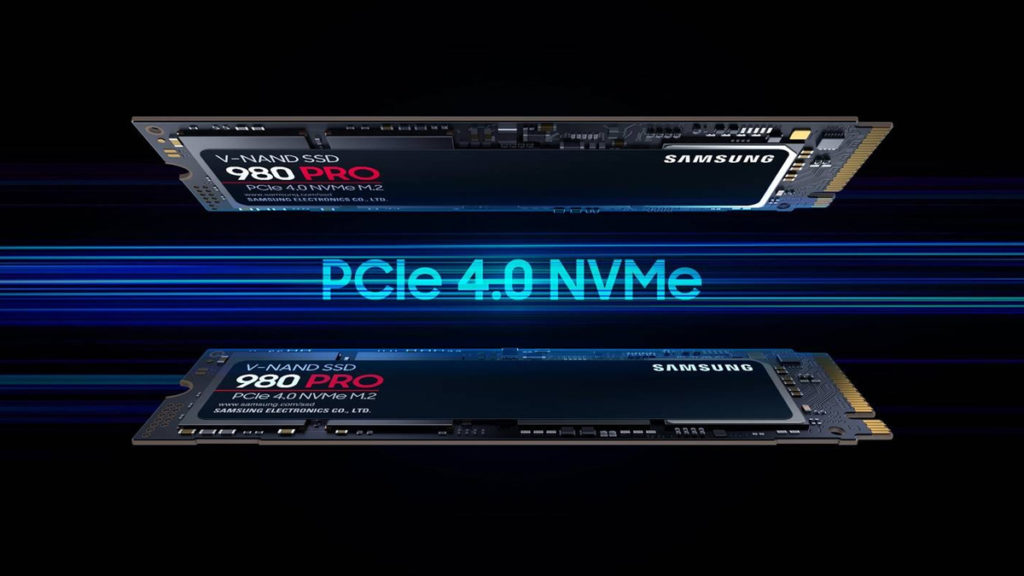- Joined
- May 28, 2019
- Messages
- 10,189
- Reaction score
- 7,124
Image: Samsung
British retailer SCAN has listed Samsung’s 2 TB PCIe 4.0 NVMe SSD. The price and date of availability have been removed from the store page, but a Chiphell user reports that it had been listed for £443.99 (roughly $597 USD). We previously reported on the 980 Pro being released, but at that time, the 2 TB variant was not a part of the launch. To date, only 250 GB, 500 GB, and 1 TB sizes have been available. The 2 TB version could launch at a lower price in the U.S., as the 1 TB version retails for...
Continue reading...
